See All
Sort by:
Loyalty Myths begins with Pareto’s principle that 80 percent of a company’s business comes from 20 percent of its customers. At the same time, up to 60 percent of a business’s customers could actually be generating negative profits.
Susan Cain explores the overlooked value of introverts, challenging societal norms that undervalue introverted qualities, and illustrates how they contribute profoundly to the world.
Brenner underscores the influential role of empathy in business, proposing that kindness not only fosters increased profits but also contributes to a more fulfilling professional life.
Hamel and Zanini challenge bureaucratic systems, advocating for "humanocracy" where every employee's potential is unleashed. They provide concrete methods to transform traditional organizations into talent-centric ones.
Organizational health is key to business success; Lencioni guides leaders in fostering a cohesive, clear, well-communicated, and reinforced working environment to achieve sustainable success.
In this book, co-authors Terry R. Bacon and David G. Pugh explore how exceptional companies use the principles of behavioral strategy to exceed expectations and outperform competitors.
"Brave New Work" by Aaron Dignan reimagines work and its connection to people, providing a blueprint for reshaping corporate culture and driving transformative change in organizations.
Kim M. Scott discusses the behavior of the bosses and their types. She insists that a combination of honesty and care for people can result in a happier and more productive workplace.
Laszlo Bock depicts Google’s corporate culture and explains how it is applicable to many other environments. He believes that people are fundamentally good and should be trusted.
The best book reviews in your inbox!
Subscribe now and receive a special gift with your subscription.
In the book Why Loyalty Matters, authors Timothy Keiningham and Lerzan Aksoy use the Ipsos Loyalty study to analyze the business, psychological and social aspects of loyalty.
Sorensen provides a behavioral psychology perspective on shopping and lessons for success in retail. He has spent 40 years working with retailers and consumer goods companies to develop his methodology.




 Copy Link
Copy Link
 E-mail
E-mail
 LinkedIn
LinkedIn
 Facebook
Facebook
 Telegram
Telegram
 WhatsApp
WhatsApp




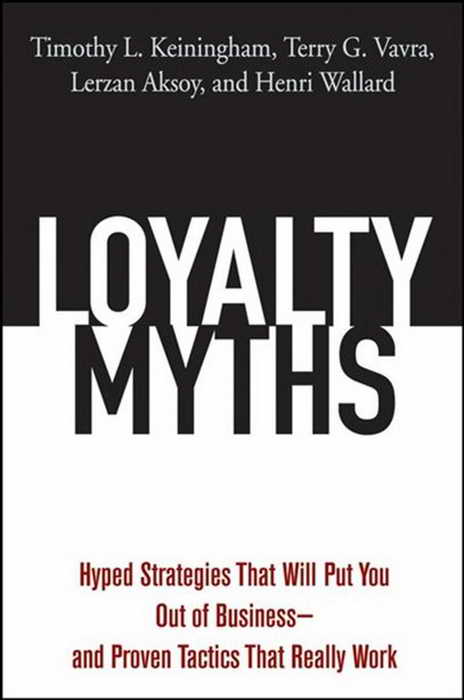











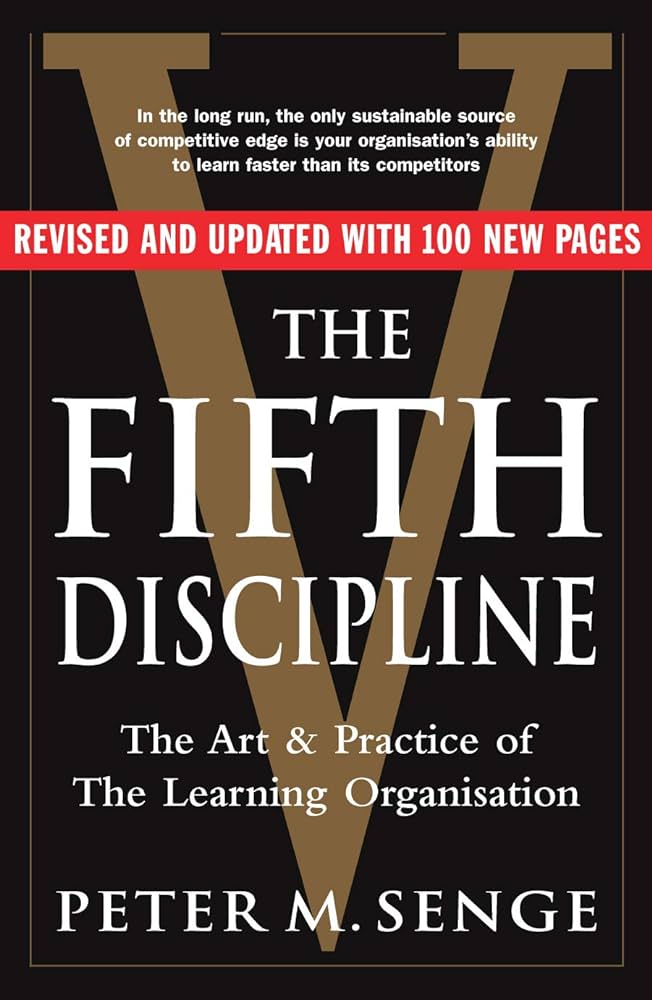
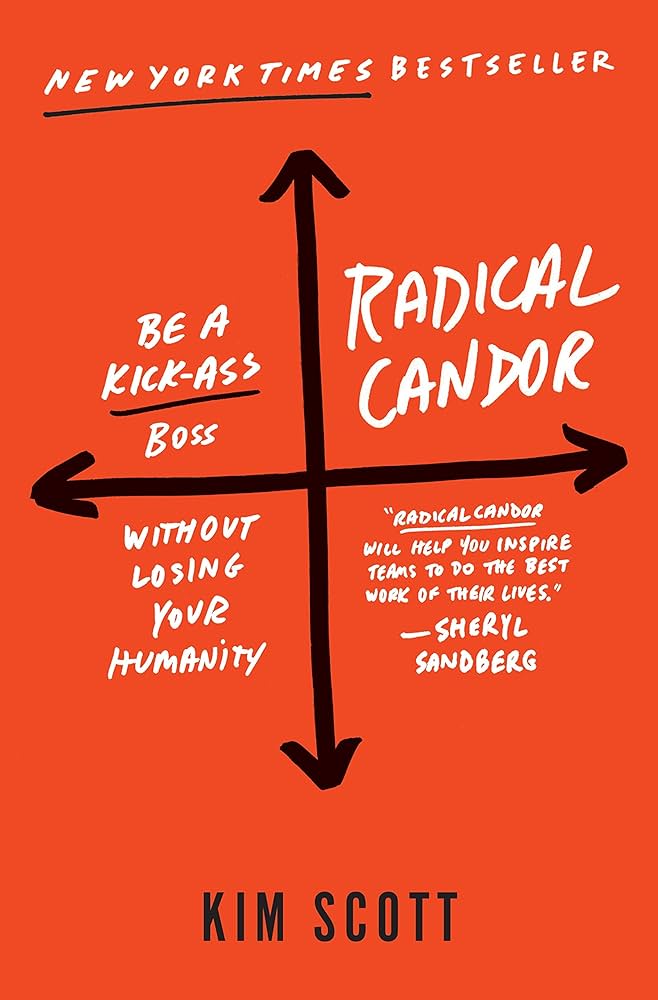
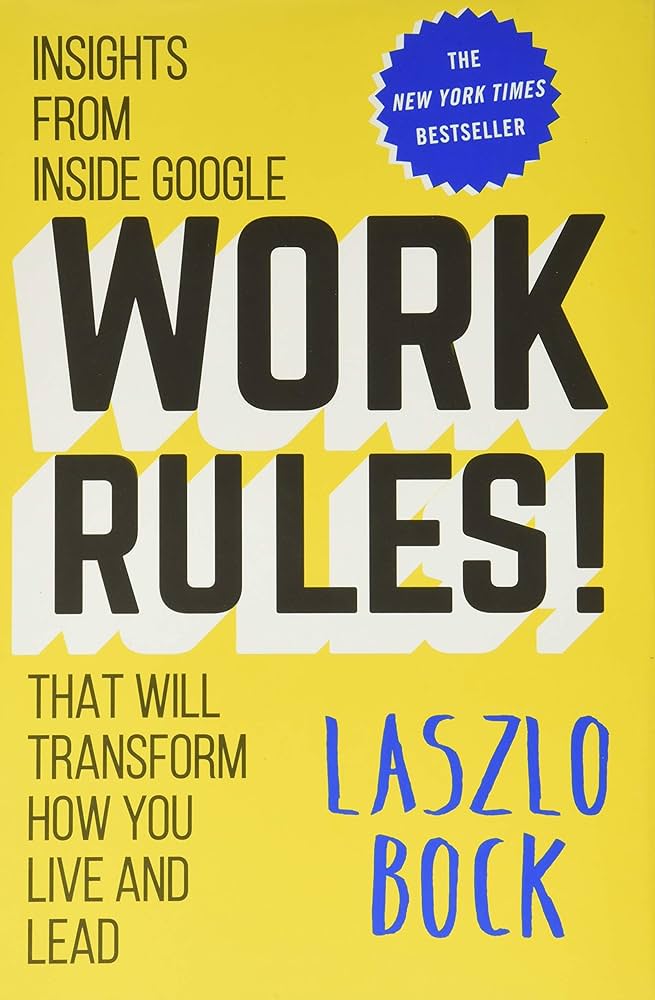



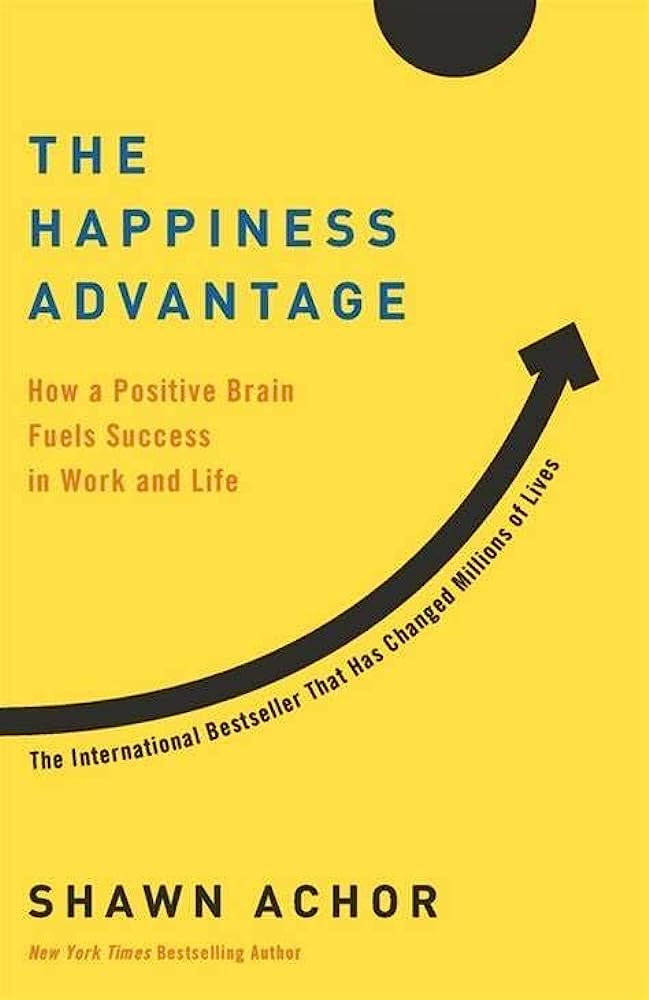




 Go Back
Go Back